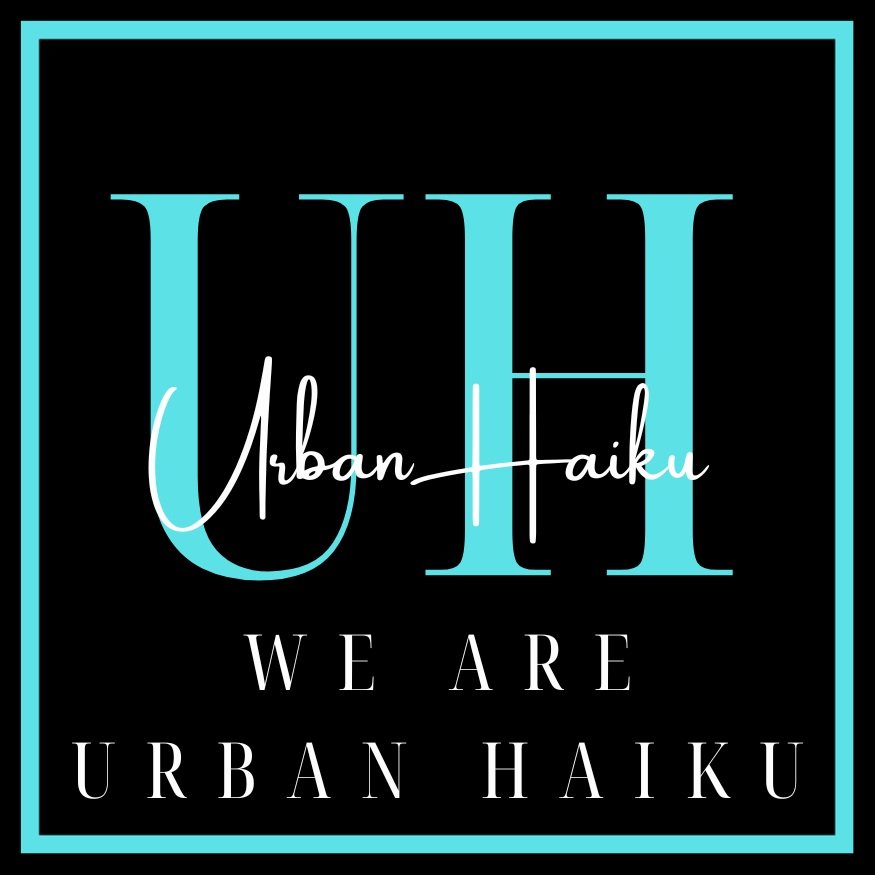Writing Your Ethnoautobiography: A Journey Toward Healing and Self-Discovery
We carry our family’s stories in our bodies—sometimes as whispers, sometimes as unspoken aches. These narratives, passed down through generations, shape not only our identities but also the way we see the world. Yet many of these stories remain untold, especially the ones that hold both pain and resilience. Writing your ethnoautobiography is a way to bring them into the light, honor the truth, and open the door to healing.
What Is an Ethnoautobiography?
An ethnoautobiography is more than just a memoir. It’s a weaving together of personal experience, family history, and cultural heritage. It asks you to consider who you are not just as an individual, but as the living embodiment of generations before you—people whose struggles, migrations, triumphs, and dreams still echo in your life today.
Instead of separating yourself from your ancestry, this practice invites you to engage with it fully—acknowledging the harms, celebrating the strengths, and creating a fuller picture of your identity.
Why It Matters
Unacknowledged histories often live on in silence, influencing our lives in ways we might not even realize. By writing them down, we break cycles of secrecy and shame. We transform inherited wounds into narratives of resilience. We also give future generations a gift—a record of where they come from and the people who shaped them.
In this process, you might find:
Clarity about how your family’s past has shaped your worldview.
Compassion for the choices and circumstances of your ancestors.
Connection to a lineage that holds both beauty and complexity.
Liberation from repeating painful patterns.
How to Begin
Gather Your Sources – Talk to relatives, explore old photographs, dive into historical records.
Ask Hard Questions – Go beyond “where” and “when” to “why” and “how.”
Write Without Censorship – Give yourself permission to write first and edit later.
Honor All Truths – Include both the light and the shadow sides of the story.
Writing in Community
While you can do this work alone, it becomes even more powerful in a supportive creative space. That’s why our Where We Come From: Writing Your Ethnoautobiography workshop is built around community-based storytelling. Together, we create a space where truth-telling is met with respect, deep listening, and mutual care.
Through guided prompts, discussions, and intentional feedback, you’ll explore how to tell your family’s story in a way that feels both personal and transformative. This workshop is part of our broader Embodied Narratives program, which centers decolonized, anti-racist approaches to creative writing in community.
A Final Word
Writing your ethnoautobiography is not just an act of personal expression—it’s an act of reclamation. It’s a way of saying: I see the full story. I claim it. I carry it forward with awareness and love. And in doing so, you not only heal yourself, you help heal the generations before and after you.
